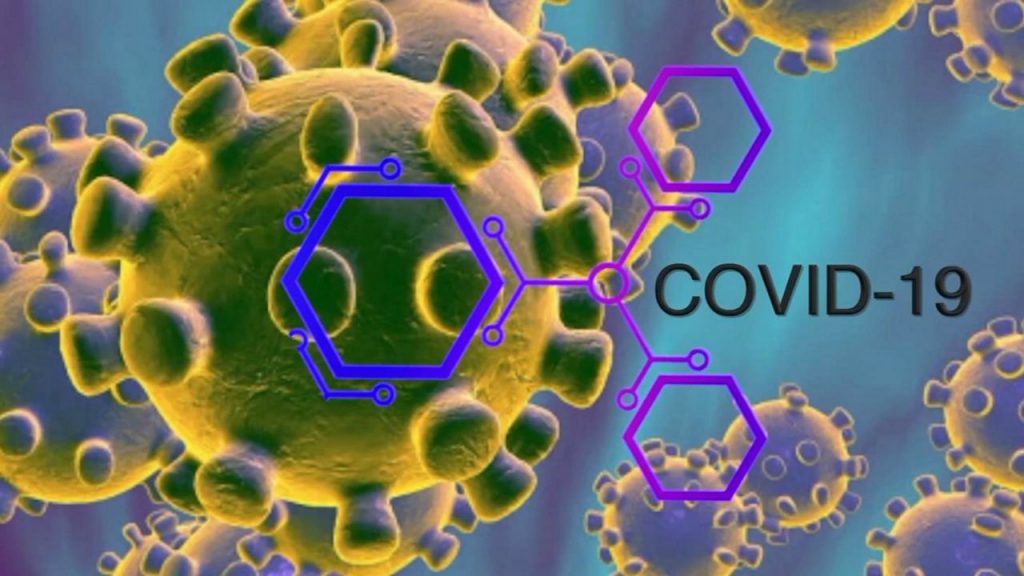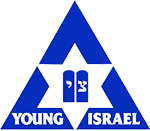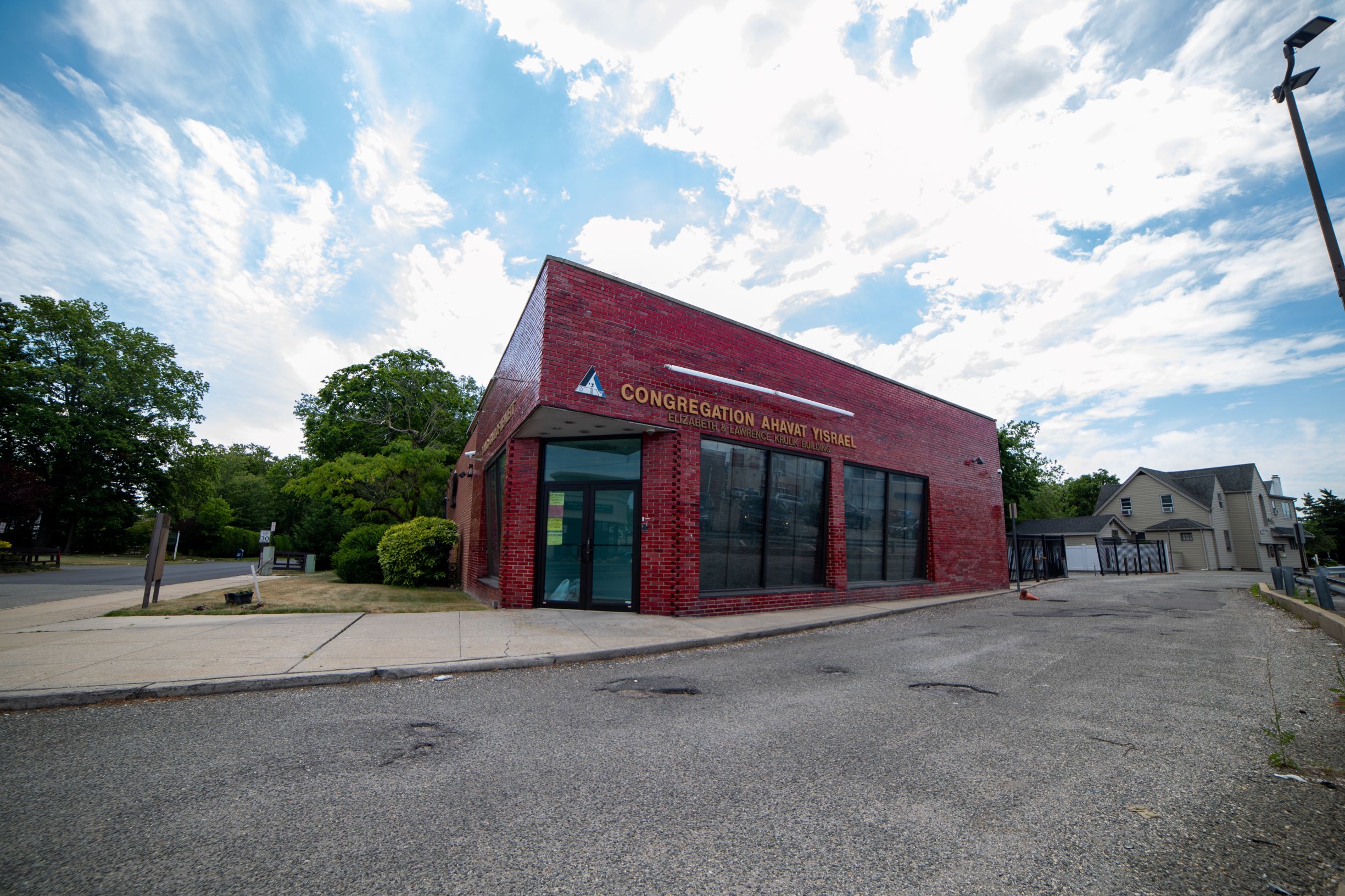
Corona Virus Update
March 8, 2020
Rabbanim Chashuvim and YI Leadership,
We are all following the developments taking place at the Young Israel of New Rochelle and the greater Westchester community; please continue to be mispallel for Eliezer Yitzchak ben Shifra. Our thoughts go out to the community and throughout the World where families are challenged with this serious virus. Please stay safe.
The National Council of Young Israel leadership is available to you 212 929 1525 x104
[email protected]
Guidance to Shuls Regarding COVID-19
The following has been sent out by major Torah organizations and synagogues.
Thank you to the many rabbanim and organizations that have shared their communications with us:
The new novel coronavirus, COVID-19, has caused illness that have been widely covered in the news media. The number of cases worldwide has grown substantially, with rising numbers of infected individuals and affected shuls and Jewish institutions.
The situation is certainly serious, and warrants an appropriate response. At the same time, it is critical to respond proportionally, in line with expert advice, and avoid creating a situation of panic.
In consultation with poskim and public health experts, we are sharing the following guidelines to assist our communities.
Tefillah
As maaminim bnei maaminim (believers), we must turn our attention to Hashem for assistance. We renew our call to include daily tefillot (prayers) for those affected by COVID-19, and for the further containment of this virus.
In addition, we urge all those lighting Shabbat candles before the advent of this Shabbat to again include chapter 130 of Tehillim in their candle lighting recitation, and encourage shuls to insert Tehillim on Friday night between Mincha and Kabbalat Shabbat.
We have a sacred duty to open our hearts to Hashem to ask for mercy on behalf of the people here and around the world already affected by the virus, and for the containment of the virus’ further spread.
Infection Control Precautions
At all times, notwithstanding the current concerns, the practice of proper hygienic precautions and infection control measures should be a constant priority.
It is important to remember that over 30,000,000 people in the US this season have gotten the flu, with between 16,000-30,000 deaths, including over 100 children. Flu vaccination is still indicated! By not getting or transmitting flu, you will not only save lives, but you will greatly help doctors who will have fewer patients to evaluate with unknown respiratory illnesses.
All community members should be encouraged to be especially vigilant to implement the following common-sense protocols.
Wash your hands regularly with soap and water for at least 20 seconds.
Cover your cough or sneeze, preferably with a tissue that is immediately disposed of or, minimally, into your sleeve.
Avoid touching your eyes, nose and mouth with unwashed hands.
Avoid close contact with people who are sick.
Keep a bottle of sanitizer available at each of your home’s entrances and in your car for use when you can’t immediately wash your hands.
Custodial staff should be extremely diligent about cleaning our shuls and checking dispensers for hand soap and hand sanitizer to ensure that they are filled at all times.
Remember: these are important practices, regardless of coronavirus. If you have not already done so, get the annual flu vaccine, unless medically contraindicated.
Staying Away From Communal Gatherings if you are ill
If you have not traveled to an area where COVID-19 is prevalent or been in close contact with a traveler, and you develop respiratory symptoms, it remains likely that you have a seasonal illness like the flu rather than COVID-19.
However, it is extremely important that if anyone has symptoms of illness, including fever, coughing, stomach bug or any other sickness, that they refrain from coming to shul or other communal gatherings, either during the week or on Shabbat. This is true even for a mourner saying Kaddish. Protecting and preserving communal health supersedes other considerations.
Anyone experiencing such symptons should immediately contact their physician for further guidance.
Canceling Shul for Minyanim, Zachor and Purim
We encourage you to seek the guidance of your mara d’atra and communal poskim
At the current time, we are not recommending that communities cancel minyanim, Shabbat services or Purim gatherings unless directed to do so by a community’s local health department. This recommendation is fluid and comes with the following caveats:
Following local Health Department guidelines. If the health department in your community recommends closure, cancellation or quarantine of any community member or institution, these recommendations must be adhered to without question or exception.
Infection control protocols must be in place and community leadership must be confident in their implementation.
Those who are actively sick must stay away from communal gatherings.
Mikvah
Hygiene is especially important in the mikvah environment and infection control protocols must be undertaken with even greater care.
We are not recommending mikvah closures at this time.
The leadership of each mikvah has a sacred responsibility to ensure that the standards of cleanliness and hygiene are upheld to the highest degree. The prohibition of access to those who are sick or in any sort of quarantine status is of even greater importance when it comes to the mikva, and mikvaot are encouraged to adopt protocols prohibiting anyone with a potential contagious medical condition from using the mikva.
Megillah
We share with you the guidance provided by Rav Hershel Schachter, Shlita. “In a situation in which it is impossible to have an in person mikra megillah due to pikuach nefesh considerations caused by coronavirus, it is permissible to hear mikra megillah via a live phone call or video. We follow the rule that sha’as had-chak ke-di’eved dami; in a sha’as had-chak we allow le-chatchila what is usually only accepted bidi’eved. The beracha of ha-rav es rivainu however should not be made unless there is a minyan present where the megillah is actually being read.”
It cannot be stressed enough that these are constantly evolving guidelines. We encourage all community members to monitor the CDC website at www.cdc.gov for updated information.
The World Health Organization (WHO) has daily updates on COVID-19 here:
https://www.who.int/emergencies/diseases/novel-coronavirus-2019 and Q&A here:
https://www.who.int/news-room/q-a-detail/q-a-coronaviruses
From the JCRC: David Pollock [email protected] http://www.jcrcny.org/what-we-do/security-emergency-preparedness/blog/
Today Conference Call with Rav Mordechai Willig and Rabbi Dr. Aaron Glatt for Rabbanim and community leadership to address specific concerns. This call will take place at 2:30 pm EST, today, Thursday March 5th.
We hope to issue additional general guidelines as the situation evolves and we encourage each individual community to look to local Rabbinic and Public Health experts for guidance.
From Rabbi Moshe Taub, mara d’atra Young Israel of Holliswood
https://www.dropbox.com/s/l8qy37od2gyfgex/_Coronavirus_Halacha_and_History_.pdf?dl=0
Halachic and Medical Implications of Novel Coronavirus and Influenza
Last month’s important conference call with Rabbi Dr. Aaron Glatt was timely and well received. Attached is the link, please share with your Congregations.
https://www.dropbox.com/s/4lrvw14efczpnjj/Igud_Young_Israel_Corona_Virus_Rabbi_Glatt_.mp3?dl=0
State of Israel Health Ministry Coronavirus Guidelines: guidance by Israel’s Health Ministry
Western Wall Preparedness for the Corona (COVID-19) Virus
The Western Wall Heritage Foundation is working in accordance with the directives of the Ministry of Health in the wake of the worldwide spread of the Coronavirus.
The Western Wall Plaza stretches over a large area and currently no more than 5,000 people are on it at a time.
Last night, Health Minister Rabbi Yaakov Litzman announced that the Western Wall Plaza is open and that there is no concern about coming to the Western Wall.
For the Western Wall Tunnels sites, entrance is in small groups spaced 15-20 minutes apart, so the tours are continuing as usual. Groups that reserved in advance and are coming from countries for which the Ministry of Health has requested quarantine will get a full refund for their tickets.
The Western Wall Heritage Foundation has taken upon itself to be extra cautious regarding the health of worshippers and visitors and has added hand-sanitizing stations at the exits of the restrooms as well as at the entrances of the tourist sites.
Rabbi Shmuel Rabinowitz Rabbi of the Western Wall and holy sites, said “Actually in this time of distress there is nothing more appropriate than coming to pray at the Western Wall and asking the Creator of the Universe, the Healer of all men, to remove all illness from the inhabitants of this land and the entire world.”
Recent Posts
- 141. June 19th, 2024
- 140. June 5th, 2024
- 139. April 10th, 2024
- 138. March 27, 2024
- Young Israel Statement on President Biden’s Decision to Withhold Arms Shipments to Israel
- Young Israel Letter to President Biden: US Policy Must Support Israel
- 137. March 13, 2024
- 136. January 31, 2024
- 135. November 1, 2023
- National Council of Young Israel Statement on the Death of Captain Daniel Perez

